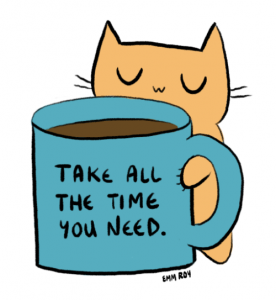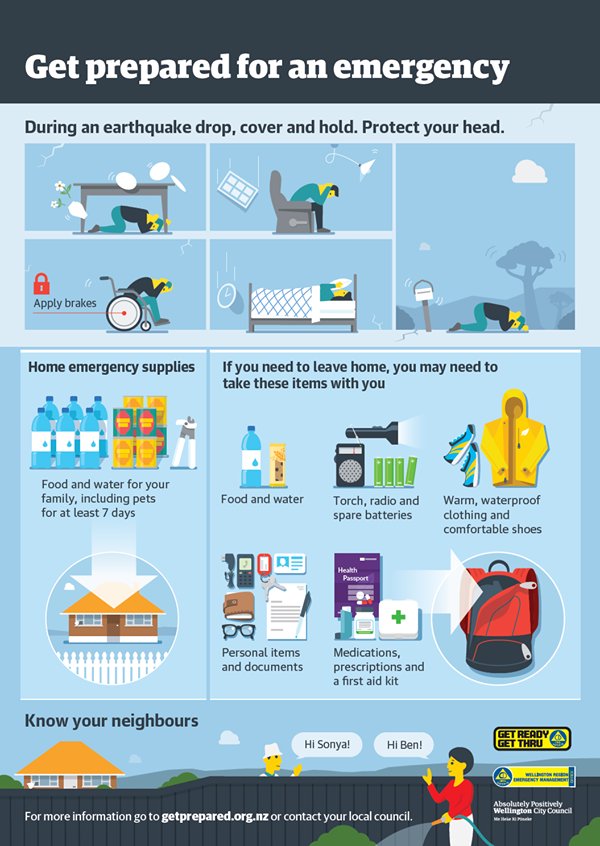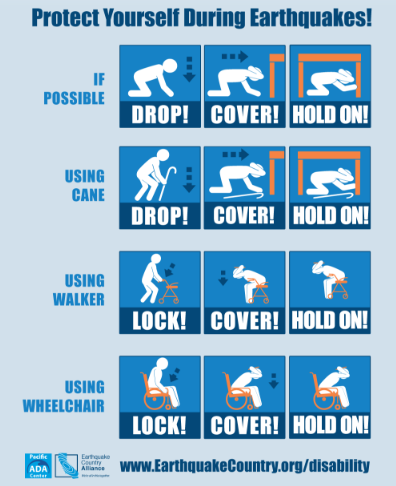What happens if a quake hits and you can’t look after you? There are many people in our communities who are vulnerable. I’ve been thinking about what that means since Sunday night.
I was lucky on Sunday. I barely woke up as the quake rolled through the house. I hazily let people know I was OK, and went immediately back to sleep.
I’m in Nelson, so we’re not as badly affected, and our house is solid. However, the real reason I didn’t wake up was my medication. Once I have my pain killers at night, I am effectively knocked out.
Usually, I’m very glad for this relief. But I’ve been thinking about how much more vulnerable that makes me.
Dependent on my mobility, and the severity of the disaster, I could be in more danger because I won’t register early warning signs. I’m not going to hear that distant rumble. I’m not going to feel the first quiver. If I have to move quickly, I’ll be disoriented and restricted by pain.
And speaking of medication: how much do I have stored? Enough to last a few days, maybe a week. I’m allowed to pick up my scripts 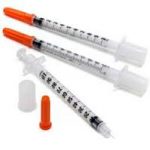 monthly. In the past, that’s been weekly, and for some people, it’s daily. That means many people cannot have an emergency reserve.
monthly. In the past, that’s been weekly, and for some people, it’s daily. That means many people cannot have an emergency reserve.
Would I know what to do if the pharmacy was inaccessible and I ran out? No. I have no idea. (Nelson DHB’s website provided less than no answers. Seriously, some of their emergency pages link to a page of policy gobbledegook that means utterly nothing, and others link to a quiz about past civil disasters???). Anyway, I’ve left a message with my local pharmacy and I’ll update this when they get back to me.
I asked my friend Pinky, who is partially blind, what Sunday night was like for her.
“It’s very disorienting when you can’t rely on all of your senses during an emergency situation. Luckily, when the quake hit on Sunday night I was not alone. My eyesight is non existent in low light, and I hate to think about being on my own and not being able to navigate my house amongst the chaos.
We had to evacuate to due to the tsunami threat. We were able to pack up my cat and my guide dog Lyric and drive to safety. Had I been alone, I don’t know what I would have done. Navigating the streets at night is difficult enough without the added chaos of shaking streets and surging water. Lyric would have been able to help to an extent but I had no idea how she would respond to the violent shaking herself.
It really is very difficult to not be able to rely on yourself to be self sufficient and independent during an emergency, and adds an extra layer of fear not knowing whether you’d be able to find an escape route.”
This graphic caught my eye on Twitter this morning. It’s the first one I’ve seen that features someone in a wheelchair.
On further searching, I was gratified to find there is a plethora of resources on our disaster preparedness sites about what people with disabilities, and those around them, can do before, during, and after an emergency.
Get Thru’s page on people with disabilities or special requirements has pointers on building support networks, and things to have in your Kit, like medications and documentation on your disability and drug requirements. (It’s a really good idea to have a print out from your doctor or pharmacy with all your usual medicines listed, in case you need to try and access them).
They also have a download with sign language for hearing impaired people, and an audio one for blind or sight impaired people.
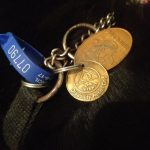 Pinky’s pup Lyric has a Disability Assist Dog ID tag. These were introduced following the Christchurch quakes to ensure that emergency teams could help keep people and their support dogs together, after they discovered it could difficult to identify certified animals.
Pinky’s pup Lyric has a Disability Assist Dog ID tag. These were introduced following the Christchurch quakes to ensure that emergency teams could help keep people and their support dogs together, after they discovered it could difficult to identify certified animals.
This site by Southern California’s Earthquake Centre is useful too.
A lot of this stuff is about what I, as a disabled person, can do to help myself. That’s fair – it is all of our responsibility to make sure ourselves and our households are prepared.
But a little can go a long way. I can’t build a support network without people to support me. I can’t reach out to others if they haven’t identified themselves as someone who could need help.
And as a close friend told me today “Don’t underestimate emotional support. If I’ve learned anything in the past six years, it’s the value of that. A word, a hug, an email. It makes a difference. We all need to be there for each other as much as we can.”
